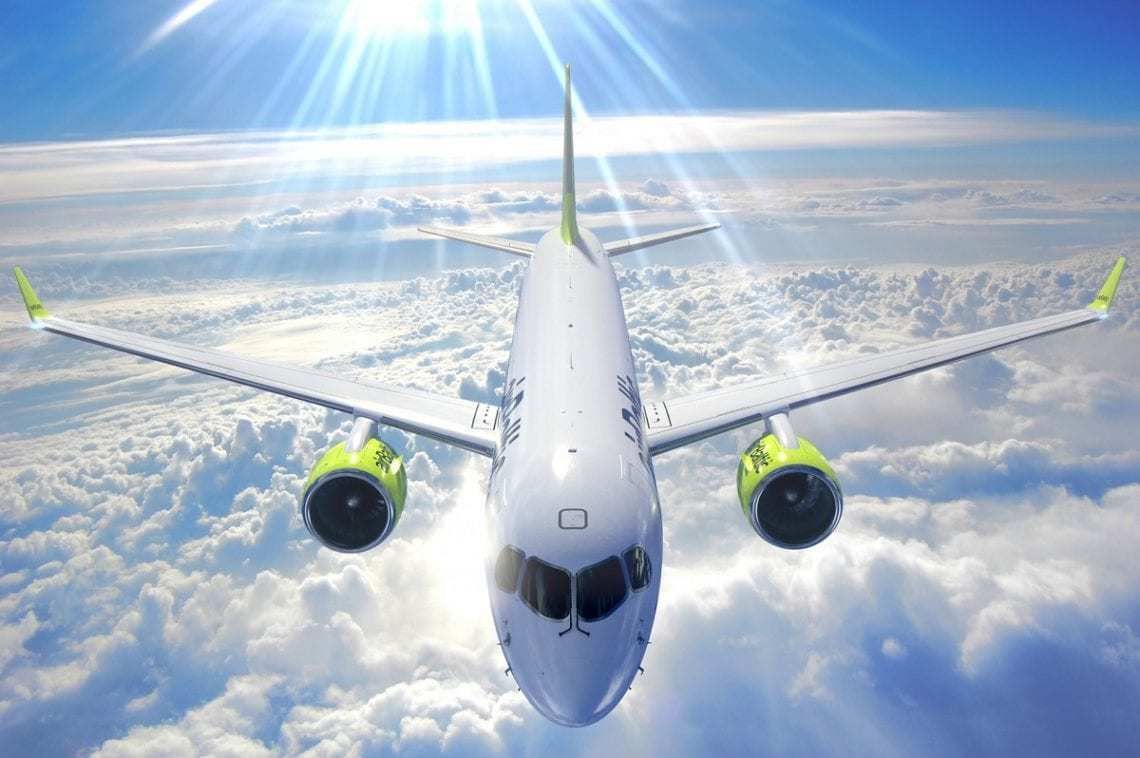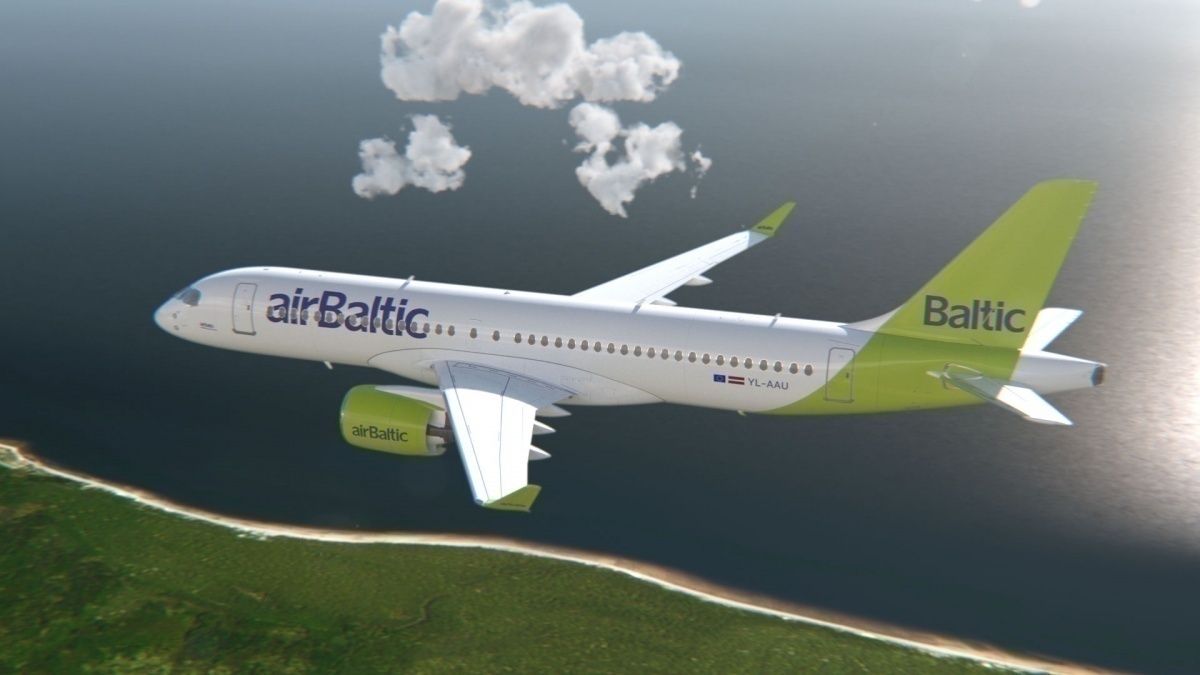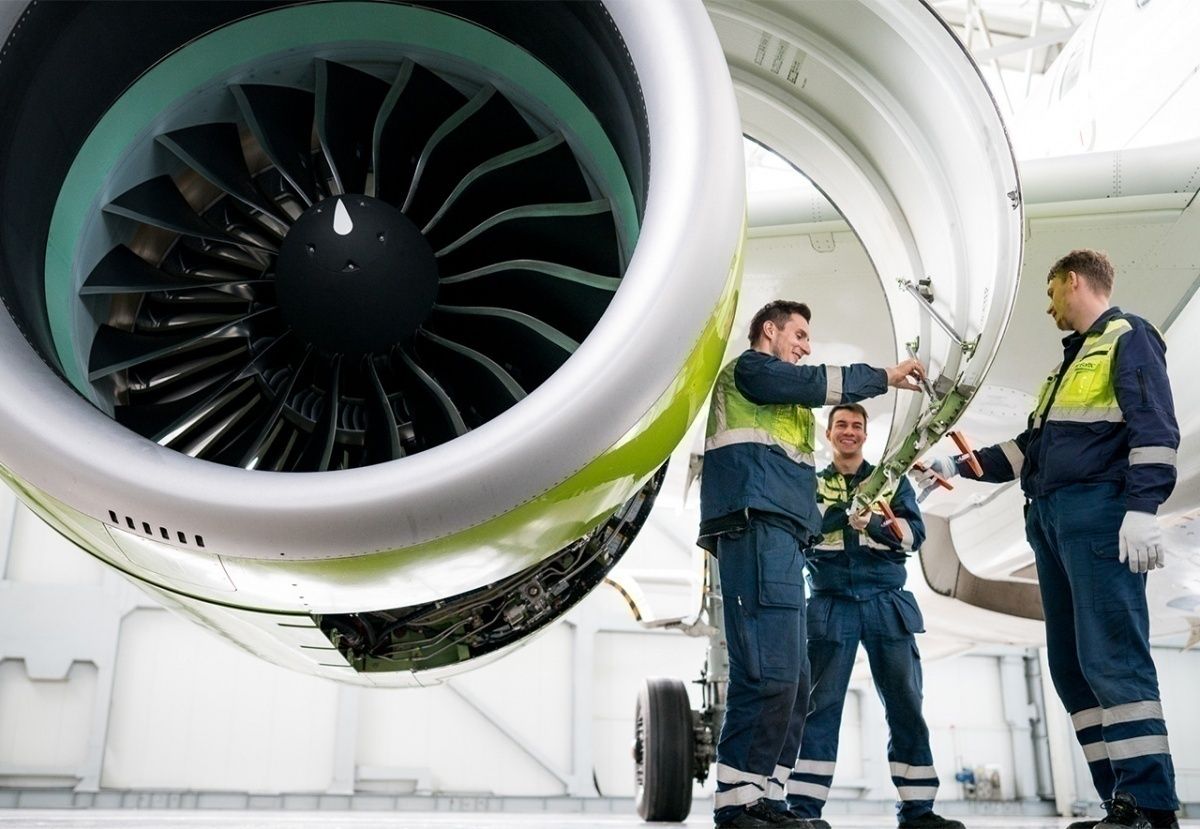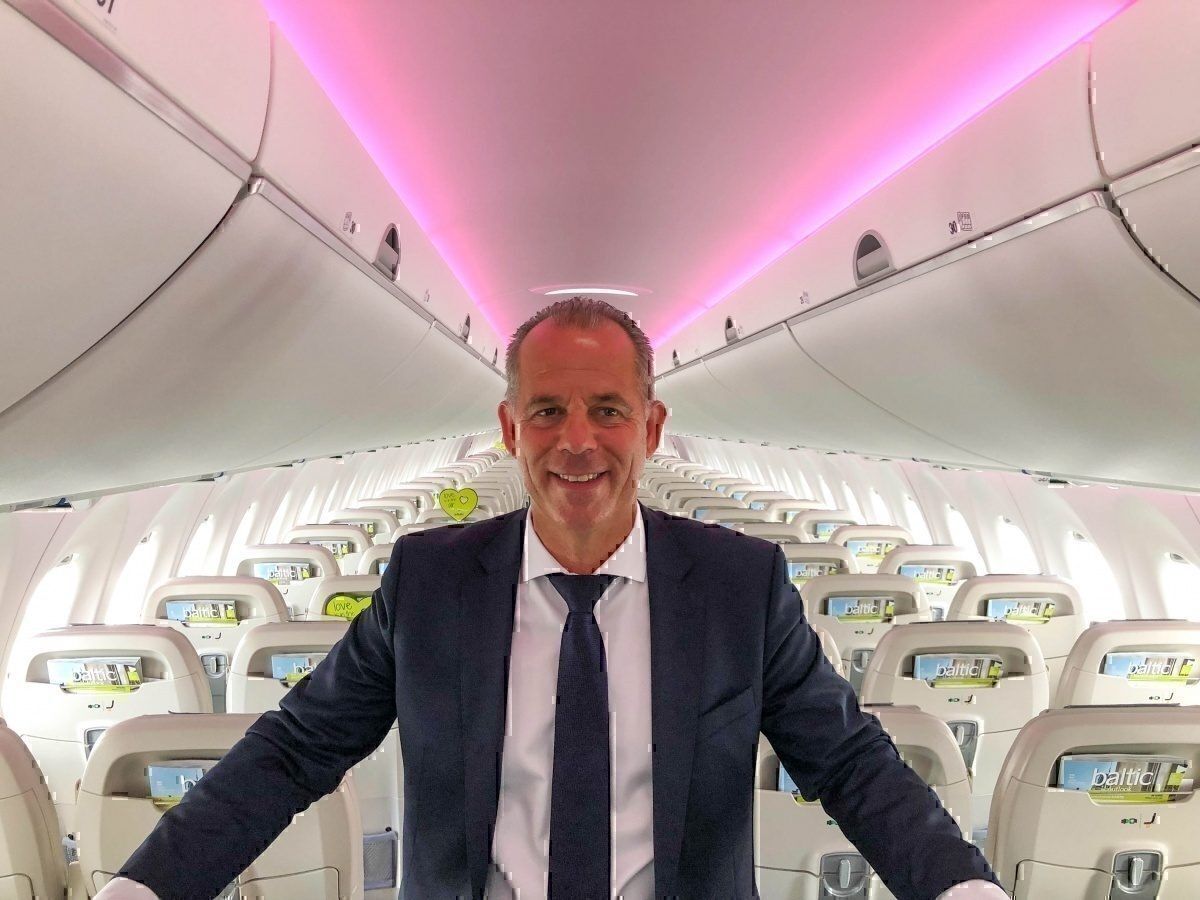Latvian airline airBaltic is bucking the trend of the current aviation market. Rather than deferring or canceling its order for A220s, the airline is negotiating to get them faster. Airline CEO Martin Gauss is already laying the foundations for rapid post-COVID expansion, and it's all fueled by the A220.
airBaltic wants A220s faster
Since March 17th airBaltic has not operated any passenger flights but has undertaken repatriation, charter, and cargo missions. The airline retired its Boeing 737s early, following in the footsteps of a multitude of other carriers who have phased out older aircraft amid the travel downturn. This has made airBaltic the world's first A220 only airline.
While other airlines are increasingly delaying or deferring deliveries, airBaltic is bucking the trend. As revealed by Bloomberg today, the airline is actually in talks with Airbus to accelerate the delivery of its forthcoming A220s.
Chief Executive Martin Gauss said in an interview that the airline was keen to get its small jets faster. He noted that his plan to have a fleet of 50 A220s, originally targeted for 2025, could be realized as soon as two years early.
Gauss even said that he could see an opportunity to gain market share, holding a key advantage with his smaller aircraft. A potential step for airBaltic, he said, could be to move into the neighboring Nordics.
The A220 advantage
Before the grounding, airBaltic had operated a mixed fleet of 22 A220s, three Boeing 737s and 12 DHC Dash-8s. The 737s had been slated for retirement this summer anyhow, and the Dash-8s soon after. Now, when normal operations resume, airBaltic will be an airline of 22 Airbus A220s only.
This gives airBaltic a key advantage over other airlines. Firstly, much earlier than planned, airBaltic has standardized its fleet. This fleet commonality comes with a ton of benefits, from cheaper maintenance to fewer schedule disruptions. Plus, the A220 is already super cheap to maintain, with longer service intervals than most other passenger aircraft.
Airbus describes the A220 as "purpose-built for efficiency," and airBaltic would agree. The airline itself calls it "the world's greenest commercial aircraft." While that's great for the headlines, the reality is that the A220-300 over-delivers on these types of promises.
airBaltic has reduced its CO2 per passenger KM by 33% since 2008, much of which is down to the proliferation of the A220 in its fleet. While that CO2 statistic is nice, for the airline that translates to reduced fuel burn and therefore healthier profits. This will be key to operating successfully while demand is so weak.
Planning for the restart
While it might not feel like it right now, the world will return to some version of normal, and demand for air travel will be back. Already, the airline is gearing up to begin service on May 14th, as soon as Latvia's lockdown is done.
The airline CEO previously noted in an open letter that he expected to return with just five A220s. With only 12 routes initially opening just from Riga airport, that sounds like a fair estimation. Gauss feels his airline is in a strong position and thinks that the A220 will be ideally suited to the type of market to which we'll eventually return. He told Bloomberg,
“I always said that come the next crisis we wouldn’t be left with an aircraft that was too big. Would you rather have 145 seats like the A220 or 186 on a larger narrow-body? The answer is obvious.”
He is already planning for expansion going forward, targeting a total of 60 routes by the end of the year. That's only 20 routes fewer than it operated originally. With the Dash-8s and the 737s not coming back, it seems the CEO is focused on pressing his advantage.
Whether he's right or not, his urgency for more deliveries will come as welcome news for Airbus.




